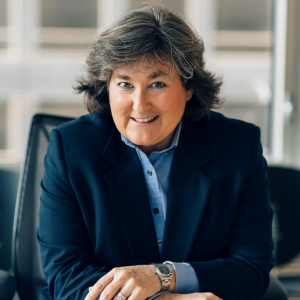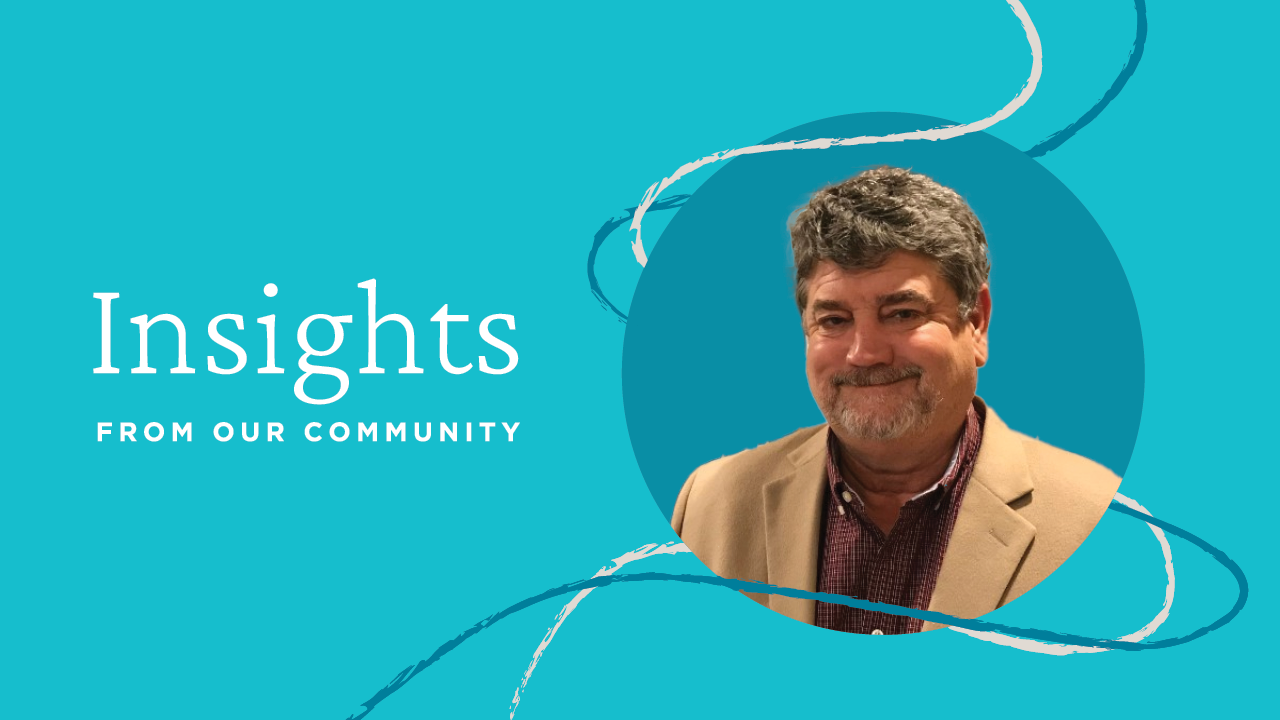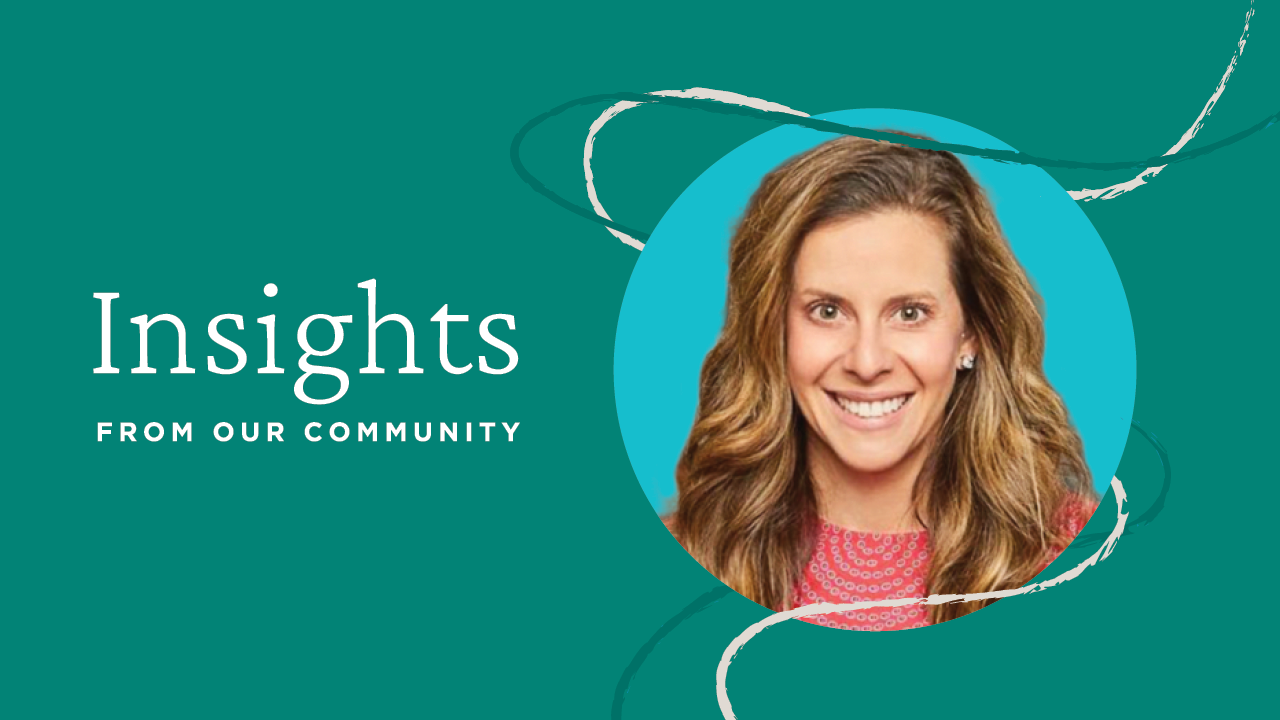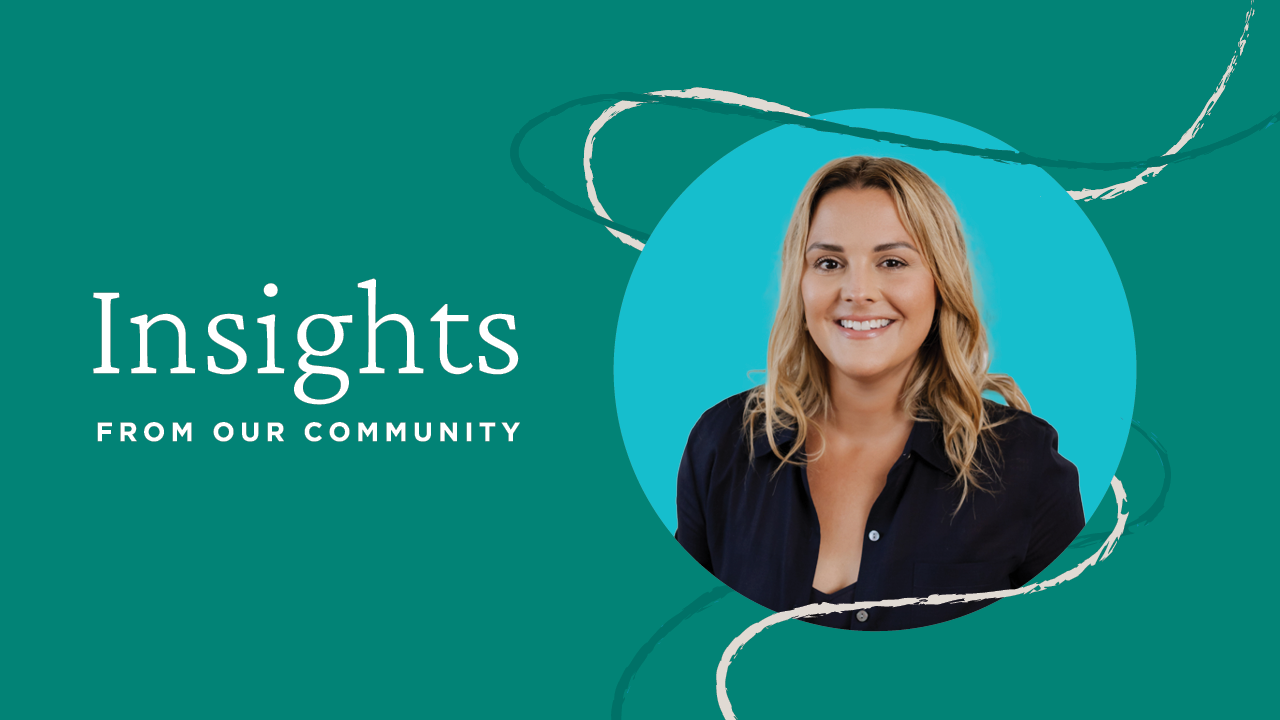
Meet Erika Karp
Erika Karp founded Cornerstone Capital Group to bring the disciplines of finance and economics together in pursuit of a more regenerative and inclusive form of capitalism. Prior to launching Cornerstone, Erika was Managing Director and Head of Global Sector Research at UBS Investment Bank. She chaired the Global Investment Review Committee, served on the UBS Securities Research Executive Committee, and served on the Environmental and Human Rights Committee of the UBS Group Executive Board. Her work has been featured by media including Bloomberg, The Guardian, the Financial Times, Investor Relations Magazine, and Forbes. Erika speaks on sustainable investing and finance at venues around the world including the UN Global Compact, the UN Principles for Responsible Investment (PRI), the Clinton Global Initiative, the Wharton School, the NYSE, the Organization for Economic Co-operation & Development (OECD), the Aspen Institute, the White House, and many other forums. Erika holds an MBA in Finance from Columbia University and a BS in Economics from the Wharton School.
Erika Karp, Founder and CEO of Cornerstone Capital Group, has always loved money. She tells the story of her early childhood fascination with money with a warmth and intimacy that one would use to describe a best friend, “I loved money from the time I was 5 years old. I started saving money, and I had a little coin box, and a little belt coin dispenser. I learned, from my father, that money is a tool. It matters as a medium of exchange and a store of value, but it really matters because of what you can do with it. When it comes to making money, you don’t want to do it just for the sake of the money; it should have a purpose.”
Money is a tool that can help people.
Erika loves what money can do for people. She sees money, and by extension, capitalism, as a tool; a device to create more freedom for people everywhere. Of course, as with all tools, it matters how you use it.
Erika first learned how to use money as a child, and she has never stopped learning how to use it to create the most positive impact. She studied economics in college, finance in business school, and as a professional, Erika learned that capitalism is a tool for problem-solving; a tool that can address genuine needs.
In many ways, Erika was already aware – one might even say “conscious” – of the fact that capitalism is a tool that can elevate humanity. That said, she did not know exactly “how” she would use this tool until one small moment made a massive difference.
This idea of helping people think about something that they’ve never thought about before; this became the basis of my entire career.
“I was in a client meeting with a very sophisticated technology investor. I had a young analyst with me and she said something about IBM to the investor. It was just one sentence, and it struck him in a way that I had never seen before. I watched the investor pause and he looked up, and he said, ‘Huh. Interesting… I hadn’t thought about that before.’ And I actually got goosebumps. That was a lightbulb moment for me. I thought, ‘That is how you sell! That is how you really get into the decision making process of your client, and That is how you make a difference.’ This idea of helping people think about something that they’ve never thought about before; this became the basis of my entire career.”
Ask questions that make people see things in a different way.
For Erika, making a positive impact is all about asking the questions that make people see things differently, asking the questions that make people see how their investment can create more than just a financial return. Erika asks the questions that help conscious investors realize that their money can change the world.
She does this in 2 ways.
First, she simply asks important questions that too often go unasked. She explains, “My parents taught me that I’m smart. If I have a question – it’s likely other people have that question too. I’ve become very good at asking questions. I hold up a mirror, constructively. I say, ‘Let’s analyze this a little bit.’ I do it in a non-judgmental, non-threatening way.”
Second – she asks questions in a way that’s relatable to investors. When it comes to investing, Erika does not ask her clients to think about sustainability in general. Rather, she asks them to consider the Environmental, Social, and Governance (ESG) factors that could critically impact their investment. She shares an example, “When you buy shares in Intel, did you think about water scarcity and the usage of water in creating high-end chips? Most people would say, ‘Huh. I hadn’t thought about that before.’ And that’s genuinely important because of how much water it takes to build high-end chips. If the company loses access to water for whatever reason, you could be throwing billions of dollars down the drain. That matters.”
Consider how your investment can make a positive impact.
Erika explains that all investing has impact. It’s a question of – what kind of impact do you want to have? She tells us, “If you invest in companies doing egregious things – you are enabling them. That’s impact too.”
Erika brings her investors a deeper awareness of the ways that their money can have real power to create the most positive impact in the world while simultaneously delivering a significant financial return. In short – she helps to make her clients more conscious capitalists by aligning their values with their investments.
She does this by using systematic analysis of the ESG factors in the investment process, “You can pick any industry and think about the material ESG factors. If you don’t study them, you are opening yourself up to huge risk. And, you could also be missing out on huge opportunities.”
Erika is very intentional about how she introduces these factors, discussing them in the context of revenues cost and risk. In this way she brings to light their critical importance, while bringing a consciousness to the process of investing. She insists, “This is pragmatism. It’s a discipline. Sustainability isn’t a hippie concept ; it’s a proxy for quality, for innovation, for resilience.”
In an effort to help investors determine which investments are aligned with their values, and their goals as Conscious Capitalists, Erika’s company, Cornerstone Capital Group, focuses on three key areas:
Intentionality. Erika encourages her clients to be intentional about investing in companies that have aligned goals. For example, if increasing social justice is an important goal for you, you can identify companies who are also working toward this goal, and invest in them.
Additionality. Additionality is sometimes hard to define. In short, it is the “extra good” that sometimes happens when companies use sustainability as an end goal. For example, a company might repurpose shipping containers, which in itself is a sustainable process. The additionality is that those container homes might be used to shelter homeless people in the emerging world. Erika explains that additionality doesn’t happen by accident, “it probably wouldn’t happen, but for very specific investors and investment initiatives.”
Measurability. It’s important that investors understand exactly the kind of impact their money is having. Measurability is key because it ensures that clients can see how their portfolios enhance access to the values and goals that are most important to them.
Tolerance for imperfection makes transparency more achievable.
In order to effectively understand a company’s impact; transparency is paramount. At Cornerstone Capital Group, their corporate consulting business helps companies to adopt best disclosure practices that enable capital markets participants to evaluate ESG practices in a way that improves investment decision-making. In short, corporate disclosures of material factors help investors better understand what they are buying.
Still, corporate disclosure of such factors isn’t common (yet). That might be due to a number of factors, including the possibility that companies may not have the best track record for decisions made in these areas. Erika and her team understand that people can make mistakes and companies can make mistakes too; it’s ok, everyone makes mistakes. But you’ve got to tell the truth about what went wrong, and you’ve got to take honest steps to repair it.
This concept is reflected in Cornerstone Capital’s Principles of Corporate Engagement:Cornerstone Capital Group seeks to build trust among all stakeholders in the capital markets. This can only be achieved through tolerance for imperfection, sincere intention to overcome barriers to collaboration, and honesty about the challenges inherent in bringing this about.
Transparency can be tough for any company, especially companies who have an imperfect track record, but Erika has advice for companies in this position: “Be transparent anyway. Tell me what you’re doing and let’s talk about it. Tell me about your motivation and, if necessary, let’s work on that.” Companies in this position will need to build trust with their stakeholders and that takes time, but honesty and transparency certainly help in that process.


